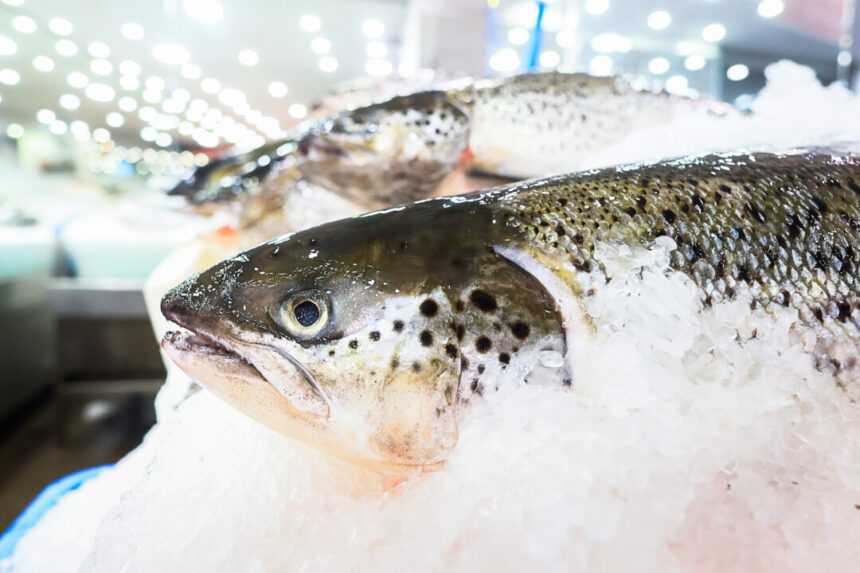Commercial fishermen are speaking out about the challenges they face due to tough regulations and a declining industry. One fisherman in Queensland, Damian Langley, is battling the Department of Agriculture and Fisheries after receiving a hefty fine for accidentally entering a marine park. This incident is just one example of the issues plaguing the state’s fishing industry.
Authorities rely on data collected by commercial fishers to make decisions, but this data fails to account for the shrinking number of boats in operation. As a result, quotas for fishermen, such as Langley, have been drastically reduced, forcing them to downsize and adjust their operations.
Fisherman Paul Grunske, based in Bundaberg, has also noticed the decline of the industry due to increasing regulations. He believes that misinformation and flawed science have led to the mismanagement of the fishing industry. Grunske emphasizes the need for accurate research and the inclusion of fishing families in decision-making processes.
Reef researcher Peter Ridd echoes these concerns, stating that government regulation based on questionable science has led to a significant decline in Australia’s commercial fishing industry. Ridd points out examples of overregulation, such as the closure of the Gulf of Carpentaria gillnet fishery, which he believes is based on flawed reasoning.
Overall, commercial fishermen in Australia are struggling to survive in an industry that is being suffocated by excessive regulations and flawed decision-making processes. The closure was not supported by scientific evidence, according to Ridd. He pointed out that Australia’s increasing reliance on imported seafood could have negative impacts on global ecosystems. Despite having a large ocean area, Australia now imports two-thirds of its seafood from countries with lower environmental standards.
Langley also emphasized the sustainability of Australian fishing practices, stating that they could never over-fish and only take a small fraction of available species. He expressed concerns about the rising prices for consumers due to the decline in local fishing activity.
The new Minister for Primary Industries, Tony Perrett, of the Liberal National Party government, aims to incorporate scientific analysis into fishing industry policies. The government is committed to supporting scientifically backed changes to fishing zones and ensuring transparency and compensation for fishers.
The federal Department of Agriculture, Fisheries, and Forestry highlighted Australia’s pioneering sustainable fishing practices and the management of fish stocks. They emphasized the importance of balancing economic and environmental interests for the long-term sustainability of the fisheries industry.
Measures are being considered to prevent imports of seafood from sources involved in illegal fishing practices. The Australian government aims to showcase the success of industry practices that align with strong environmental values.
Source link





